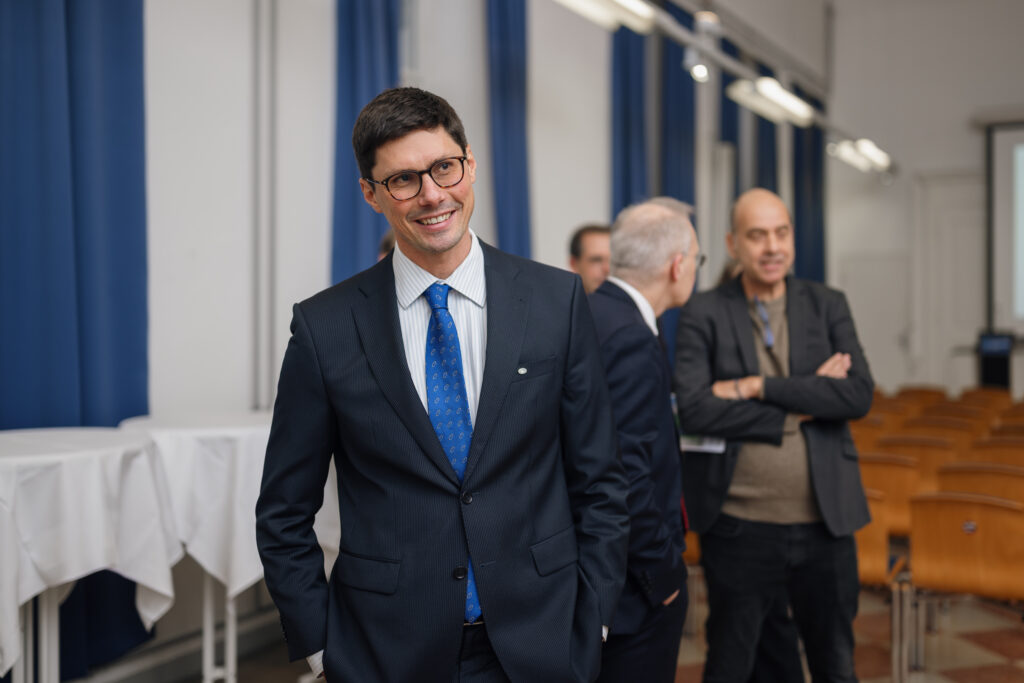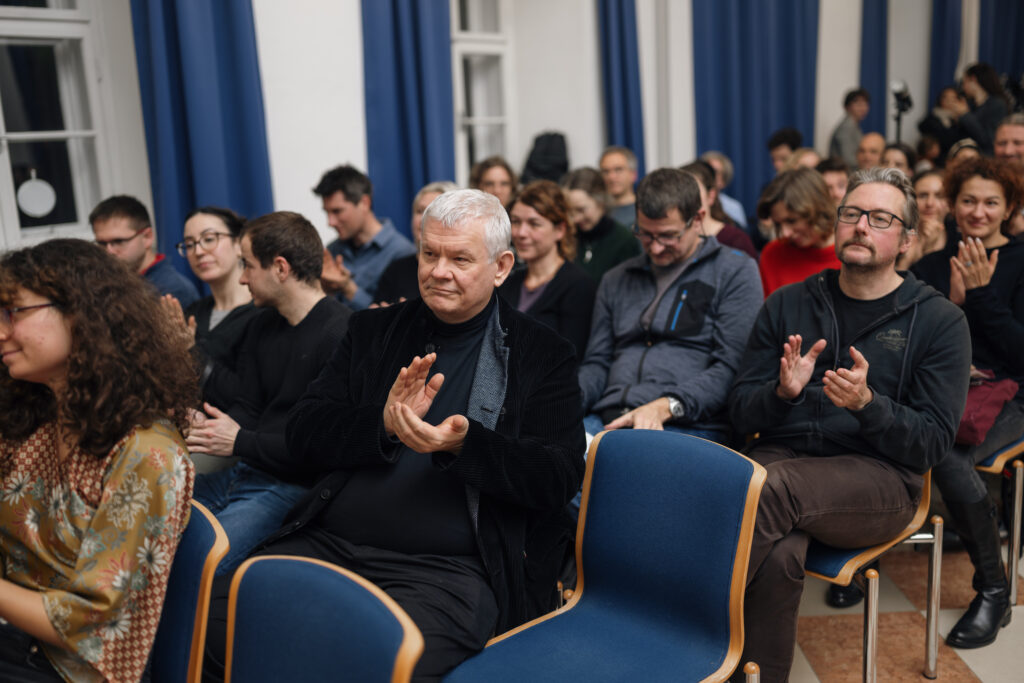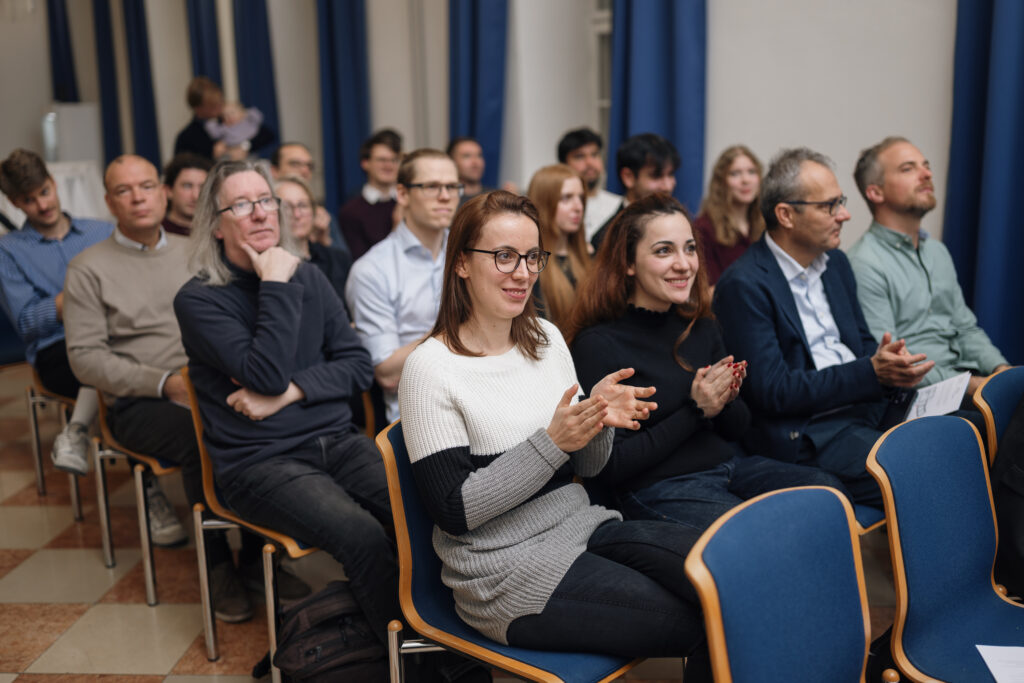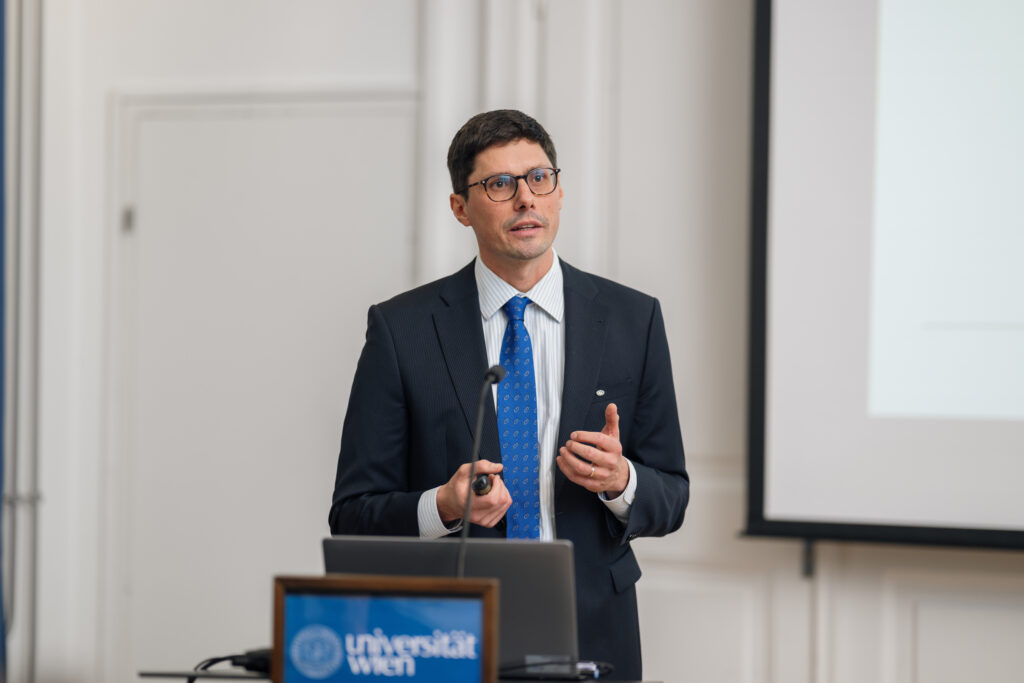Water-soluble polymers are important high-performance components in many personal care and household products, with global annual production exceeding 1 million tons. After these products are used, the water-soluble polymers they contain end up in wastewater, which prevents their recycling. The sustainable management of these polymers at the end of their life cycle is a major challenge. Biodegradable polymers are of particular interest in this context. “However, our understanding of the biodegradation of water-soluble polymers in the affected environmental systems is still very limited,” explains Michael Zumstein, head of the new CD laboratory.
The new Christian Doppler Laboratory aims to understand the chemical and microbiological processes underlying the biodegradation of water-soluble polymers, thereby creating the urgently needed scientific basis for the development and sound regulation of biodegradable high-performance polymers. The research focuses on key factors influencing degradation, interactions between degradation and the environmental microbiome, and specific chemical analysis methods. Michael Zumstein (laboratory head, University of Vienna), Teresa Steininger-Mairinger (module head, BOKU University), and their research groups are working closely with scientists from the corporate partner BASF SE on these endeavors. “The transformative insights required can only be gained through interdisciplinary and intersectoral collaboration, as practiced in our Christian Doppler Laboratory,” Michael Zumstein is convinced.
Christian Doppler Laboratories are internationally recognized as best-practice examples of high-level, application-oriented basic research conducted in collaboration with innovative companies. This CD Laboratory is a prime example of potential microbiome-based solutions to address key challenges in planetary health, which are being intensively researched in both the medical and environmental fields within the CoE Microplanet.






Michael Zumstein is a CoE Microplanet Key Researcher and contributes to WP 3.2 Impact of Emerging Pollutants on Microbiomes across Systems.

